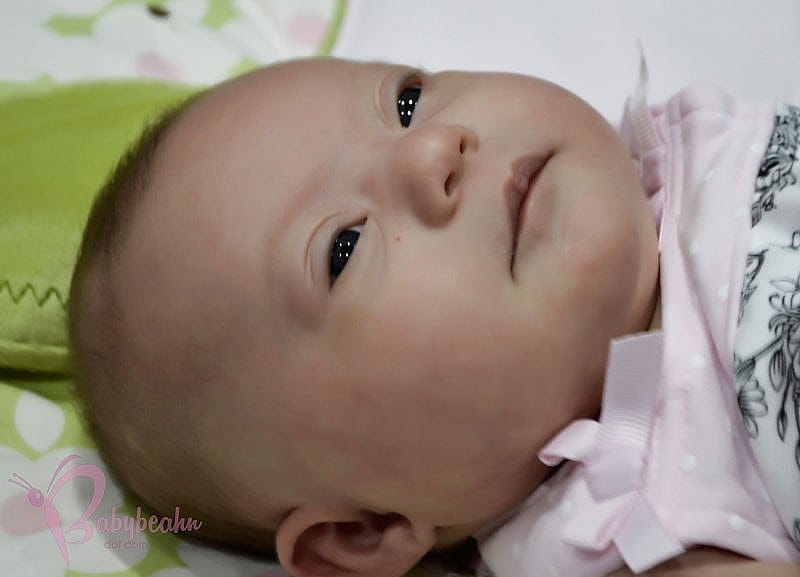Do People With Down Syndrome Have A Right To Exist?

We were born the same year, our mothers old friends. Jenny and I were first friends. They didn't call them "playdates" back then, but the two of us hung out a lot as tykes — had tea parties and made typical pre-school messes while our moms sipped coffee and later scolded us for mushing Playdough into the carpet. I only learned that Jenny had been diagnosed with Down syndrome, which of course I didn't understand, when I heard we wouldn't attend the same school.
My neighborhood park had a wading pool. Larry was as much a fixture there as the water itself. Red hair, freckles, probably 40 years old, with Down syndrome, Larry never went in the pool, but he was a celebrity among the kids and parents, always wearing a Mickey Mouse T-shirt and plaid Bermuda shorts. He didn't seem to need a cane, but he always had one and inevitably flipped it, hook side down, and belted out Elvis songs into its rubber foot. Looking back, a day splashing around in 16 inches of water was only a good day if Larry was there.

